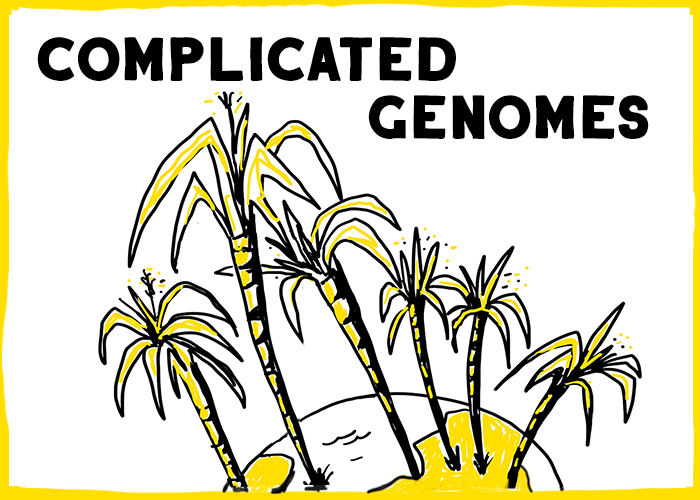Leading researchers from around the world are gathering Sept. 29 to Oct. 1, 2014, for the HudsonAlpha Science 2014 Immunogenomics Conference at the HudsonAlpha Biotechnology Campus.
Immunogenomics lies at the intersection of two important medical fields — immunology and genomics — and is an area of research that explores the ways in which the human genome interacts with disease. This approach already has helped doctors diagnose a form of cancer a year earlier than previously possible.
Conference sessions will look at the latest research in a variety of areas of immunogenomics including genetic regulation of pathogen sensing, the microbiome, the genetics of complex disease, and clinical applications in medical genomics.
“There has been a growing interest in this field, as it helps researchers better determine susceptibility to disease,” said Kristen Mueller, a senior editor at Science, and an organizer of the conference. “In the last decade, technology has helped researchers better understand the genome—and during the past three to five years, that knowledge has been applied to understanding the immune system because various immune-cell populations of interest are relatively easy to isolate.”
“Immunogenomics, in my opinion, is an approach to use genomics technology to better understand the immune system and its role in infections and autoimmune diseases,” said University of Alabama at Birmingham Professor of Medicine S. Louis Bridges, Jr. who is chairing a session on day two of the conference. Bridges studies the connections between genomics and the autoimmune disease rheumatoid arthritis. “We are looking at specific populations, such as African Americans, to determine what clues we can find from the genome that may impact immunity and autoimmunity,” he said.
Discovering the links between the genome and the immune system is important because people with autoimmune diseases are currently treated with drugs that suppress immunity, and as a result, they are vulnerable to infection with other diseases. Immunogenomics could lead to the production of new medicines that can treat diseases in specific ways based on a person’s genome.
Because immune responses are very specific to each individual and to that person’s environment, research in immunogenomics can be a basis for personalized medicine, added Elizabeth Newton, Vice President for Research Affairs at HudsonAlpha.
One of the pioneers in the field of immunogenomics, HudsonAlpha Faculty Investigator Jian Han, will discuss his research on day three of the conference. Han leads the Repertoire 10,000, or R10K, project, an international collaborative to identify T- and B-cell receptor sequences that can serve as biomarkers for disease diagnoses. The group is looking at 10,000 samples, collected from 100 patients in each of 100 diseases, in the hopes of diagnosing diseases earlier, developing new and better therapy options, and identifying opportunities for new vaccines.
Find the complete Immunogenomics 2014 program, speaker bios and abstracts at ig2014.hudsonalpha.org.

